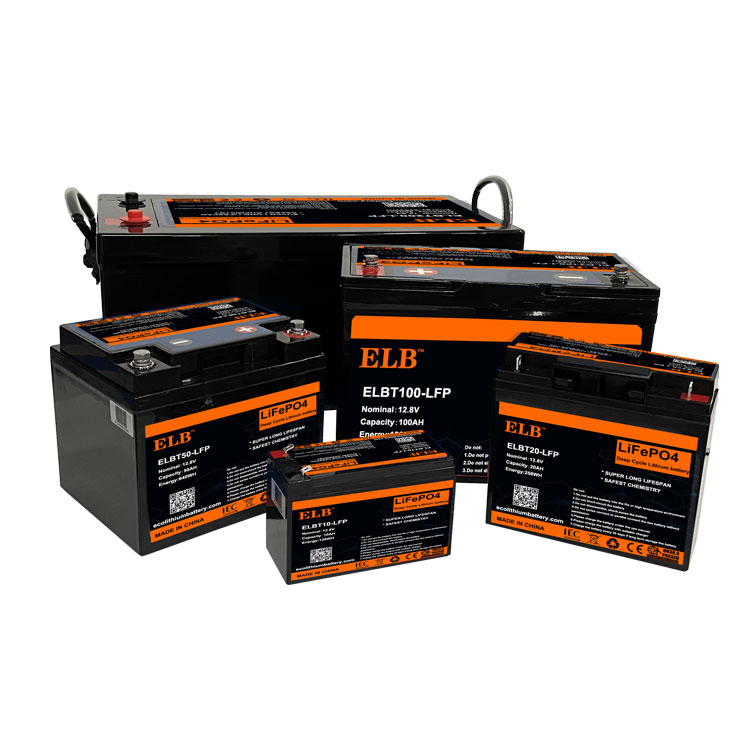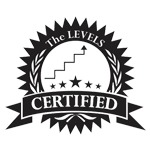
Whether it is laptops, mobile phones, notebook computers, mobile phones, power tools and even vehicles and other daily products. Lithium batteries are inseparable. As technology evolves with a focus on speed, big data, and mobility, the importance of reliable portable power is growing and steadily rising. The hot topic in the battery field is undoubtedly lithium-ion technology. Below we’ve listed the biggest benefits of Li-ion batteries from a customer’s perspective and delved into the science behind each feature.
Environmentally Friendly
Lithium-ion batteries contain relatively low levels of toxic heavy metals found in other types of batteries. Such as lead-acid and nickel-cadmium (NiCd) batteries, Cadmium, lead and mercury have been mainstays of batteries for many years. But prolonged exposure to these metals and improper handling can be harmful to humans, animals and plants.
Lightweight And Compact
The electrodes (lithium and carbon) commonly used in lithium-ion batteries are inherently light. Making them smaller and lighter than older batteries such as lead-acid batteries. For comparison, a typical 100Ah (= amp hour) Li-Ion battery weighs about the same as a 40Ah lead-acid battery (about 10-12kg). But has more than twice the capacity.
High Energy Density
Lithium has the ability to release and store large amounts of energy. Enabling lithium-ion batteries to package high energy capacity in a small size. This means that a lithium-ion battery of the same weight will last much longer between charges than other rechargeable batteries. While still maintaining its high level of performance.
Low Maintenance
Older rechargeable battery types, such as nickel-cadmium or nickel-metal hydride batteries, have what’s called the “memory effect” or “inert cell effect”. If repeatedly partially discharged before charging, the final battery can only supply locally before the voltage drops. Energy used during discharge. To avoid this, NiCd and NiMH batteries need to be fully discharged and recharged on a regular basis for maintenance.
Lithium-ion batteries don’t suffer from memory effect, which means they always use up the last bit of charge. Whether you’re using 100% or 25% capacity, you can charge them without tedious maintenance!
Long Lifespan
High-quality ternary lithium-ion batteries last for about 1000 full charge cycles, and lithium iron phosphate batteries last for about 4000 full charge cycles. A full charge cycle is when the battery is discharged to depletion and then charged to full, so using the battery until it reaches 75% capacity and then plugging it in to charge does not constitute a full charge cycle. When your battery is recharged, you can still use 75% of the charge remaining before charging; only then can your battery complete a full charge cycle.
Low Self-discharge Rate
Lithium-ion batteries also have relatively low self-discharge rates. Self-discharge is a natural, irreversible phenomenon for batteries, where chemical reactions inside the battery reduce the capacity of the battery, even when the battery is not being used. The self-discharge rate of Li-ion batteries peaks at around 3% in the first 24 hours after charging, and then gradually decreases to 1-2% per month. In comparison, nickel-based rechargeable batteries lose about 10-15% of their capacity after charging, and another 10-15% per month.






2 Responses
It’s great that you mentioned how lithium batteries could always use up the last bit of charge since they don’t suffer from memory effect. My dad and I are going on a camping trip next week so we are now packing all the things that we need for the trip. I think we’re going to need a battery for various things while camping, so I should probably get an Atlas 12V 100AH Lithium Battery.
Yes, you will get many benifits from the lithium battery. You also can can get the 12V 100Ah lithium battery from ELB directly.